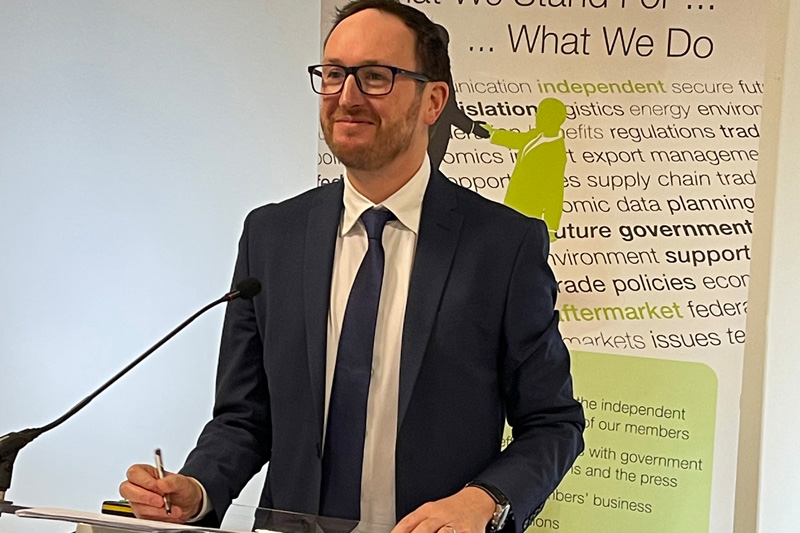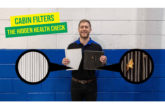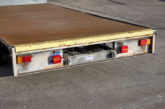
The IAAF has urged the industry to gear up for change in its virtual conference, ‘Aftermarket for the Future’.
The conference provided an in-depth look at the upcoming opportunities and challenges the trade is set to face, while advising on how to futureproof businesses in the years to come.
Held on 2nd December, this year’s conference was headed up by IAAF’s recently appointed Chief Executive, Mark Field.
The conference saw Mark kick off the proceedings by celebrating the hard work the aftermarket has carried out over the course of what has once again been a difficult but rewarding year for the trade, before introducing the first speaker of the day, Quentin Le Hetet from GIPA.
Analysing key data and trends, Quentin provided insight into where the aftermarket is heading in the not-so-distant future, highlighting the increase of the ageing vehicle parc and how this will directly affect the industry.
Next up was arguably one of the most anticipated segments of the conference, with UK automotive expert on Brexit, Professor David Bailey. Discussing the topic of Brexit, David looked into the effects it has had on the automotive aftermarket since coming into place earlier this year.
He also reiterated the decrease in new car sales and the decline of diesels, while also stressing how the slow shift to electric vehicles (EVs) will impact the aftermarket.
Members then heard from Christopher Lowe and Sophia Mir from the DVSA Market Surveillance Unit (MSU). The pair outlined how the MSU can support the trade with its range of useful work programmes and provided clarity on rules and legislation affecting the aftermarket.
Ronan McDonagh and Pierre Thibaudat, Technical Director, Governmental Affairs & Communication Manager at FIGIEFA stepped up next to discuss Motor Vehicle Block Exemption Regulation (MVBER) and most importantly, how it affects the automotive aftermarket.
With the current framework expiring in 2023, the duo stressed how 2022 is a crucial year for EU aftermarket legislations, while revealing what’s at stake for the industry and the steps FIGIEFA has taken to reinforce and improve existing legislation.
The conference then featured a short break, before introducing its second guest speaker of the day, Martin McCourt, the previously long-standing CEO of Dyson.
Martin provided members with expert advice on meeting and overcoming adversity and how to turn this into positive opportunities, as well how to retain a business’ identity, while scaling up and continuing to grow.
Mark was then welcomed back to outline the successful activity the IAAF has been undertaking to help support its members and the future of the federation in the coming years.
The IAAF has overseen its first hybrid industry briefing session, the launch of UK AFCAR, who will help lobby the government in a post-Brexit era. There has also been the introduction of a products and services eBulletin, which is distributed to more than 7,500 garages, before Mark outlined 2022 targets and the IAAF’s future plans.
Mark concluded the conference on a positive note, commenting: “It’s been another eventful, yet exciting year for our sector, and it’s been great to see aftermarket businesses do what they have always done best and step up to the challenges and tackle them head on.
“As outlined in the conference, these challenges aren’t likely to disappear any time soon, but with challenges always comes an abundance of opportunities and I am personally looking forward to taking an active role in supporting the industry as we head into this exciting new stage for the automotive aftermarket.”









